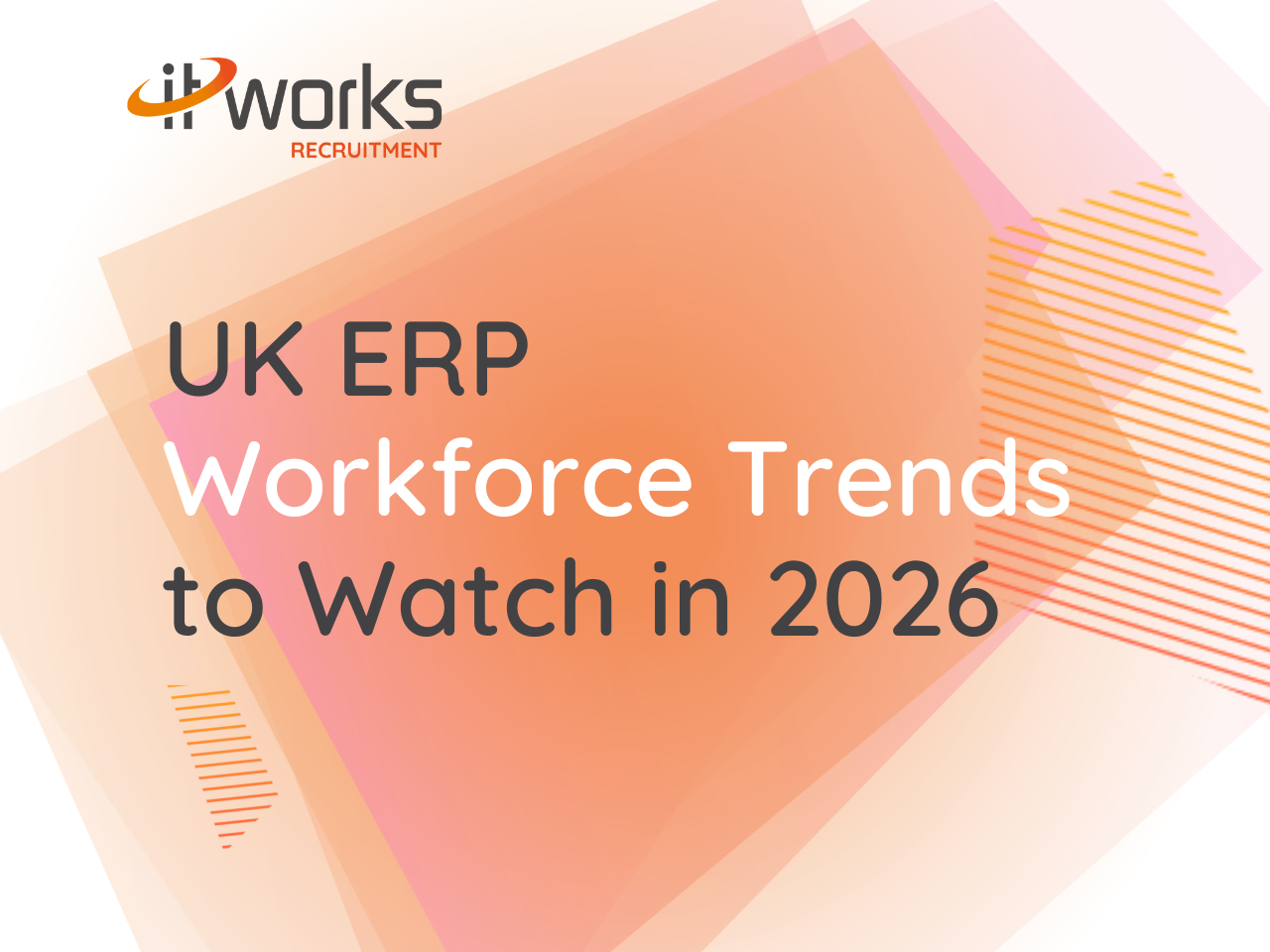Implementing any of Infor’s product suite is a major business decision. It requires significant investment in both time and resources, and getting it right first time is critical.
Whether you’re implementing Infor for the first time, upgrading an existing system, or moving to a cloud-first or hybrid environment, having the right team in place can make all the difference. Here’s a modern guide to the key players you need in 2026.
Let’s run you through the key players:
The Executive Sponsor/Project Owner
The executive sponsor (or Project Owner) is a senior leader who champions the ERP initiative. Often your CIO, CTO, or Head of IT, this person sets the vision, secures resources, and ensures stakeholders are aligned.
In 2026, the executive sponsor also guides decisions on cloud-first or hybrid setups, integrations, and future technology expansions such as AI, low-code workflows, and advanced analytics.
The Project Manager
Every successful ERP project needs a strong leader, and that’s your Project Manager. They coordinate the team, track progress, manage schedules and budgets, and are the central point of contact for resolving issues.
Modern ERP projects increasingly follow agile or iterative approaches, especially for cloud environments. Your PM now manages sprints, backlog prioritisation, vendor updates, and ensures the team adapts to more frequent system releases.
Super End-Users
Super End-Users are internal champions from different departments - finance, supply chain, manufacturing, or HR - who promote adoption and help shape the system to meet real business needs.
By 2026, super end-users need to be familiar with cloud dashboards, AI-enabled analytics, automation tools, and hybrid workflows. Their engagement remains vital to drive adoption post go-live and provide ongoing feedback on system usability and customisations
Internal Functional Team
Your functional team consists of technical and process experts from across the business. They are responsible for:
-
Advising on functional requirements and process improvements
-
Configuring system parameters
-
Documenting workflows
-
Supporting data migration and integrations, particularly in cloud or hybrid projects
This team bridges the gap between business operations and technology, ensuring the system meets both current and future needs.
Implementation Partner
Choosing the right implementation partner is crucial. Their experience and expertise often determine the success of your project.
In 2026, a strong partner should offer:
-
Proven ERP experience and a track record with Infor systems
-
Cloud migration and hybrid strategy expertise
-
Knowledge of digital transformation, AI, analytics, and low-code workflows
-
Clear project planning and responsive communication
-
References from organisations with similar implementations
A good partner guides decision-making, mitigates risks, and ensures your ERP delivers long-term value.
Bringing It All Together
A successful Infor implementation in 2026 is about assembling a team that combines leadership, engagement, functional expertise, and the right external support. With cloud-first adoption continuing to accelerate, your team must be agile, knowledgeable, and fully committed to driving change.
Whether it’s M3, LN, CloudSuite, or another Infor system, building a skilled and engaged team alongside the right partner remains the foundation for a smooth implementation and long-term success.




